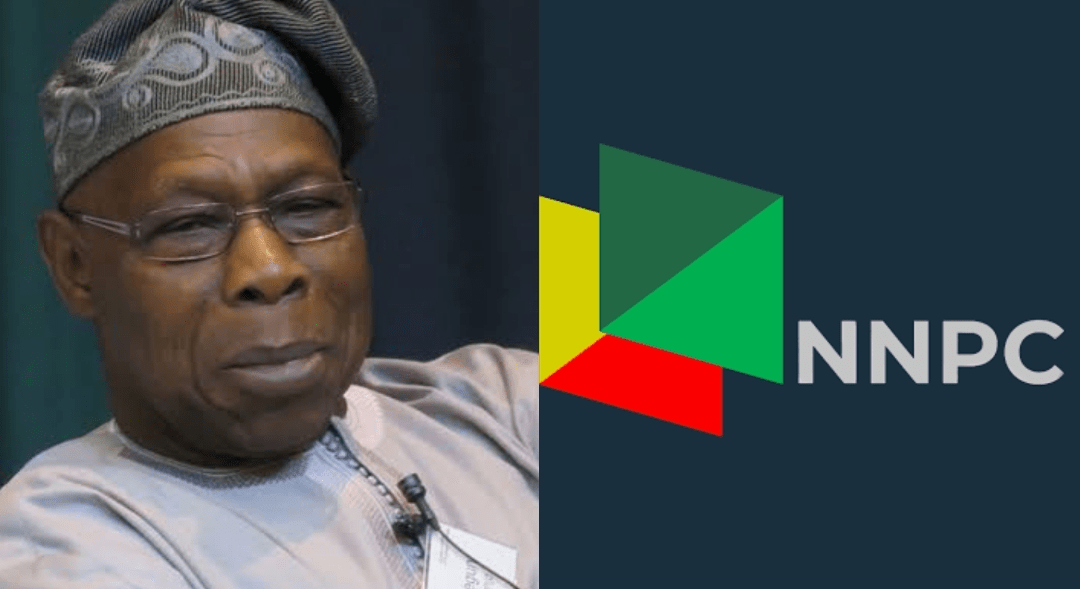The recent criticisms by former President Olusegun Obasanjo targeting the Nigerian National Petroleum Corporation Limited (NNPCL) and late President Umaru Musa Yar’Adua have rekindled debates about leadership, corruption, and national interests in Nigeria’s oil sector. While such discussions often evoke strong emotions, it is vital to base them on facts. This principle is what drives the need to defend NNPCL against unwarranted attacks, especially when viewed through the lens of historical mismanagement.
Obasanjo’s allegations have been met with a strong rebuttal, notably from legal luminary Femi Falana, SAN. Falana’s response highlights glaring contradictions and exposes deep-rooted corruption that plagued the oil sector during Obasanjo’s administration. His tenure, marked by controversial decisions and dubious deals, casts a long shadow over his current criticisms.
A glaring example of such controversies is the alleged sale of Nigeria’s refineries. In 2007, Obasanjo’s administration sold 51% shares in two refineries for $516 million, despite their valuation at $5 billion. One of these transactions occurred on Obasanjo’s final day in office, raising suspicions about the legitimacy of the deal. Such actions, which starkly contrast with claims of acting in the national interest, undermine his moral authority to critique others.
Falana’s insights also shed light on the failed privatization of refineries, which were deliberately run down to justify their sale as scrap. The neglect of Turn Around Maintenance (TAM) under Obasanjo’s government contributed to this decay. Reports reveal that while TAMs were carried out regularly during Babangida’s regime, the last comprehensive maintenance before privatization occurred in 1994. Obasanjo’s administration neglected these essential repairs, leaving the refineries operating at only 18% capacity.
Beyond the refineries, Obasanjo’s involvement in the sale of oil blocks also raises red flags. In 2008, a House of Representatives committee uncovered how an oil block valued at $2.28 billion was sold for a mere $5 million under his directive. This shocking revelation underscores a pattern of undervaluation and mismanagement that characterized his tenure as Minister of Petroleum Resources.
Despite these historical shortcomings, Obasanjo has managed to position himself as a vocal critic of corruption in the oil sector. Yet, investigations and reports from various Senate and House committees reveal that his government set a troubling precedent for corruption in the industry. His dual role as President and Minister of Petroleum created a system prone to abuse, with several instances of public funds being misapplied.
The NNPCL, now a restructured entity, faces immense challenges in restoring trust and improving efficiency in Nigeria’s oil sector. While criticism is expected in a sector that significantly impacts national development, it is crucial to distinguish constructive feedback from baseless attacks rooted in historical grievances or political motivations.
For the NNPCL’s current leadership, the lesson is clear: focus on transparency, accountability, and strategic communication. Attempting to respond to every criticism, especially those rooted in past decisions, is a distraction. Obasanjo’s critiques should be left to analysts like Femi Falana and historians who can dissect his legacy with the depth and nuance it requires.
As Nigeria strives to reform its oil sector, the focus should shift from the blame game to solutions that prioritize national interest. The past offers valuable lessons, but the future demands innovation, integrity, and a commitment to sustainable progress.


